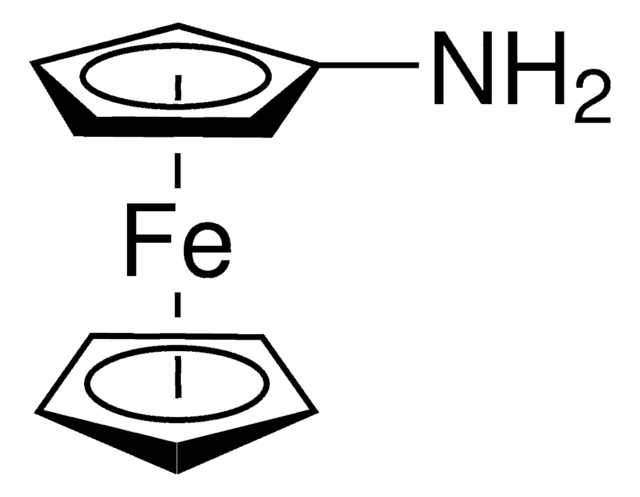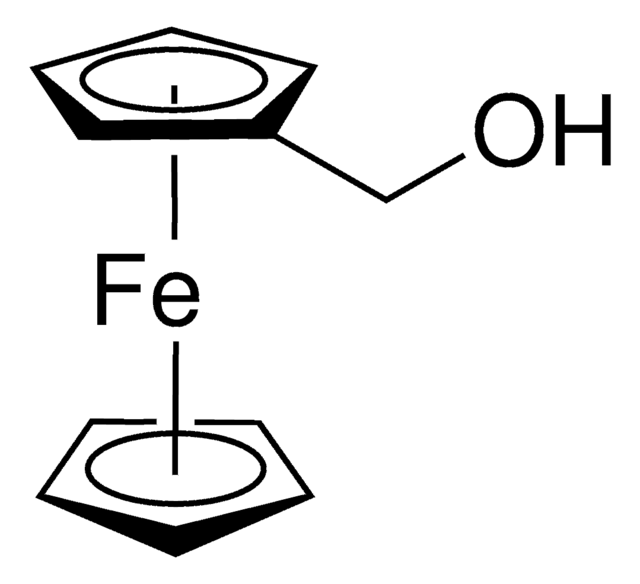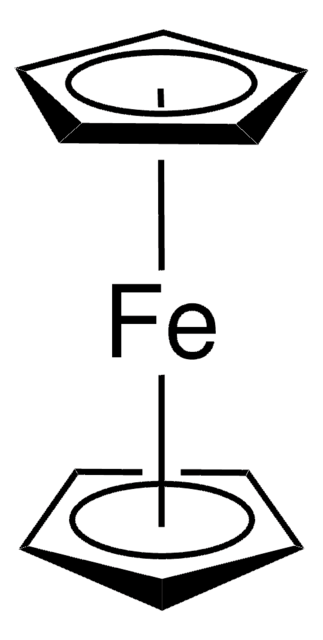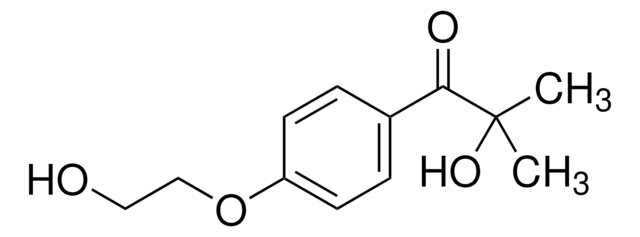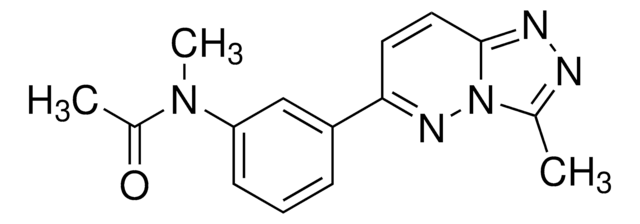923753
INVIVO-GEL TGF-β bioink
suitable for 3D bioprinting applications
Synonym(s):
3D bioprinting, 3DBP, ECM
Sign Into View Organizational & Contract Pricing
All Photos(1)
About This Item
UNSPSC Code:
12352200
Recommended Products
Quality Level
storage temp.
2-8°C
Application
INVIVO-GEL TGF-β bioink is specifically developed and optimized for 3D bioprinting applications. The INVIVO-GEL TGF-β bioink kit includes optimally formulated TGF-mimetic peptide conjugated gelatin-based hydrogel complex packed in syringe for easy dispensing. The kit also includes Gel-linker, which reinforces mechanical stability. A transparent hydrogel forms when contents are properly mixed and exposed to UV light. This bioink is capable of generating mechanically stable 3D structures that can be maintained for days in the culture environment. TGF may promote ECM production, as reported by numerous studies demonstrating the dramatic increase in matrix synthesis and deposition by vascular smooth muscle and endothelial cells when grown on hydrogels with tethered TGF-β.
Components
INVIVO-GEL TGF-β in syringe 5mL x 2
Gel-linker(A) powder 500µL x 1
Gel-linker(B) powder 1µL x 1
Gel-linker(A) powder 500µL x 1
Gel-linker(B) powder 1µL x 1
Signal Word
Warning
Hazard Statements
Precautionary Statements
Hazard Classifications
Eye Irrit. 2 - Skin Sens. 1
Storage Class Code
11 - Combustible Solids
WGK
WGK 1
Certificates of Analysis (COA)
Search for Certificates of Analysis (COA) by entering the products Lot/Batch Number. Lot and Batch Numbers can be found on a product’s label following the words ‘Lot’ or ‘Batch’.
Already Own This Product?
Find documentation for the products that you have recently purchased in the Document Library.
Gelatin methacryloyl and its hydrogels with an exceptional degree of controllability and batch-to-batch consistency
Zhu et al.
Scientific Reports, 9, 6863-6863 (2019)
Designing Gelatin Methacryloyl (GelMA)-Based Bioinks for Visible Light Stereolithographic 3D Biofabrication
Kumar H et al.
Macromolecular Bioscience, 11 (2020)
Shining Xiao et al.
Stem cell reviews and reports, 15(5), 664-679 (2019-06-04)
Gelatin methacrylate (GelMA)-based hydrogels are gaining a great deal of attention as potentially implantable materials in tissue engineering applications because of their biofunctionality and mechanical tenability. Since different natural tissues respond differently to mechanical stresses, an ideal implanted material would
Kan Yue et al.
Biomaterials, 73, 254-271 (2015-09-29)
Gelatin methacryloyl (GelMA) hydrogels have been widely used for various biomedical applications due to their suitable biological properties and tunable physical characteristics. GelMA hydrogels closely resemble some essential properties of native extracellular matrix (ECM) due to the presence of cell-attaching
Mengxiang Zhu et al.
Scientific reports, 9(1), 6863-6863 (2019-05-06)
Gelatin methacryloyl (GelMA) is a versatile material for a wide range of bioapplications. There is an intense interest in developing effective chemical strategies to prepare GelMA with a high degree of batch-to-batch consistency and controllability in terms of methacryloyl functionalization
Our team of scientists has experience in all areas of research including Life Science, Material Science, Chemical Synthesis, Chromatography, Analytical and many others.
Contact Technical Service
